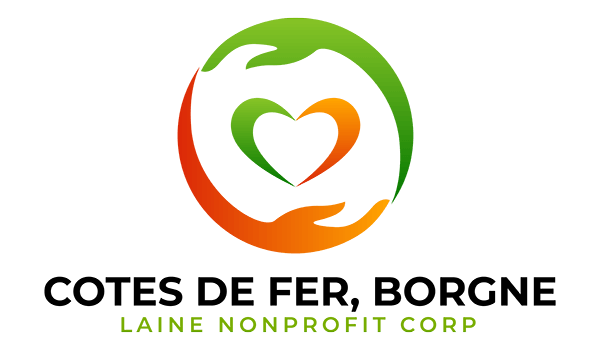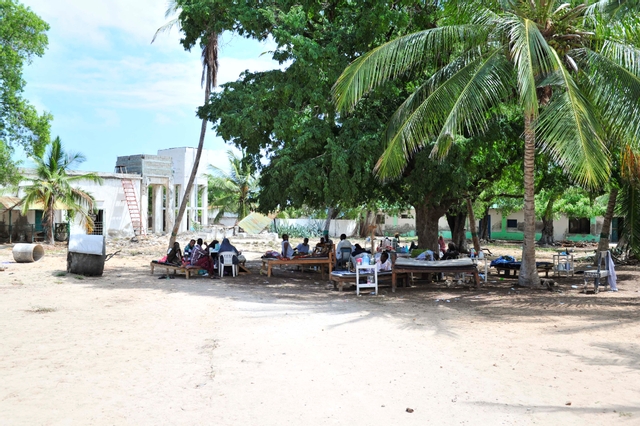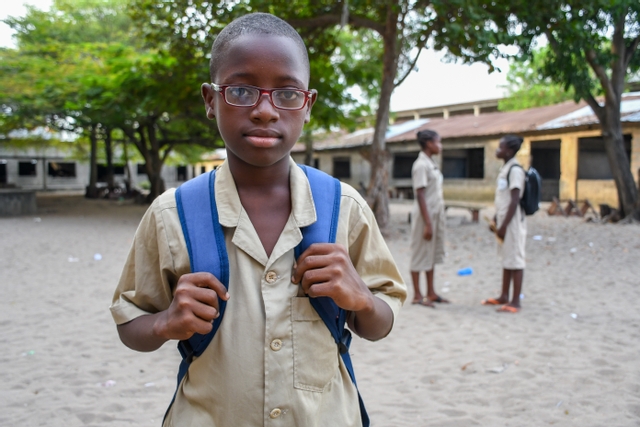Introduction
Haiti, the western half of the island of Hispaniola, is a nation known for its rich history, vibrant culture, and resilient people. However, it is also a country that faces significant challenges when it comes to education. In Haiti, education problems are a pressing issue, hindering the country’s development and the well-being of its citizens. This article explores the key education problems in Haiti and the efforts being made to address them.
- Limited Access to Education
One of the most significant challenges in Haiti’s education system is the limited access to quality education, especially in rural areas. According to UNESCO, approximately 2.8 million children in Haiti lack access to education. Poverty, inadequate infrastructure, and a lack of qualified teachers contribute to this problem. The inability to access education significantly limits the opportunities for many Haitian children, perpetuating a cycle of poverty.
- Poor Infrastructure and Resources
Haiti’s education system suffers from a lack of proper infrastructure and resources. Many schools in the country are overcrowded and in poor condition, lacking basic amenities such as electricity, clean water, and sanitary facilities. The shortage of textbooks and educational materials further hampers the learning process. These inadequate conditions make it challenging for students to focus on their studies and for teachers to provide a quality education.
- Teacher Shortages and Quality
Haiti faces a severe shortage of qualified teachers. Many educators in the country lack the necessary training and resources to provide a high-quality education. The low salaries for teachers also deter qualified individuals from pursuing teaching as a profession. As a result, students often receive an education that does not meet international standards, affecting their future prospects.
- Inequity in the Education System
Inequity in the education system is another significant issue. Access to quality education is unevenly distributed, with children in rural and disadvantaged areas at a disadvantage. Gender disparities also persist, as girls face additional barriers to education, including cultural norms and safety concerns. Addressing these inequities is crucial for creating a more inclusive and accessible education system in Haiti.
- Political Instability
Haiti has experienced political instability for many years, and this instability has had a direct impact on the education system. Frequent changes in leadership and civil unrest disrupt the implementation of long-term education policies. This lack of stability hinders the development of a consistent and effective educational infrastructure.
Efforts to Address Education Problems
Despite these challenges, various organizations and government initiatives are working to improve the education system in Haiti. These efforts include:
- Non-Governmental Organizations (NGOs): Many NGOs are active in Haiti, working to expand access to education, improve infrastructure, and provide resources to schools. Organizations like UNICEF and Save the Children have launched initiatives to address the specific needs of Haitian children.
- Teacher Training Programs: Several organizations are working to train and support teachers in Haiti, equipping them with the skills and resources they need to provide a better education for their students.
- Community Involvement: Some initiatives involve local communities in the development of schools and educational programs, encouraging a sense of ownership and responsibility for the education of their children.
- Policy Reform: Advocacy efforts are underway to encourage government policy reforms that prioritize education, allocate more resources to the sector, and promote stability in the education system.
Conclusion
Education problems in Haiti are deeply rooted and complex, but there is hope for improvement. Access to quality education is a fundamental human right, and addressing these issues is essential for the future development of the country and the well-being of its people. By addressing access, quality, equity, and stability, Haiti can work towards a brighter future where every child has the opportunity to receive a quality education and break the cycle of poverty. The collaborative efforts of international organizations, NGOs, and the Haitian government will be crucial in overcoming these challenges and creating a better future for the nation’s youth.




